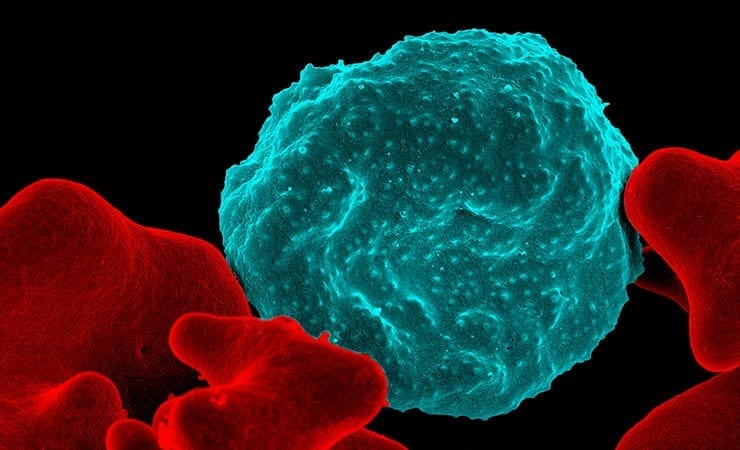The Jenner Institute at Oxford University, together with partners Imaxio and GSK, has started a phase I clinical trial of a novel vaccine candidate aimed at blocking transmission of malaria.
The clinical trial is being conducted at Southampton, the lead trial site, and Oxford. It is a dose escalation study, where amounts of the potential vaccine are increased. The study will assess the safety of the vaccine candidate in people and its ability to generate immune responses that inhibit the growth of malaria eggs in mosquitos, preventing transmission of malaria.
The MosquirixTM vaccine candidate, developed by the team led by Dr. Sumi Biswas at the Jenner Institute, University of Oxford, is composed of a transmission-blocking antigen from Plasmodium falciparum, the more dangerous form of malaria.
The antigen is combined with Imaxio’s pro-immunogenic technology IMX313, designed to increase immune responses, and two viral vectors, which are virus carriers modified to be harmless but which can transport the vaccine elements into the body’s cells. One of those is a proprietary viral vector from Okairos (acquired by GSK in 2014). It is being administered through a course of treatment developed by the Jenner Institute in Oxford.
“Blocking transmission of malaria by mosquitoes from human to human is increasingly seen as one several complementary ways to fight this very important disease.” said Prof. Adrian Hill, Director of the Jenner Institute at Oxford University. “The malaria vaccine program at the Jenner Institute is now unique in having vaccines against all stages of the parasite’s life cycle in clinical development. The combination of technologies from Oxford, Imaxio & GSK is a very promising way to develop a transmission blocking vaccine candidate.”
Around half the world’s population is at risk of malaria and the disease led to an estimated 584,000 deaths in 2013.
Editor Also Recommends:
- World Health Organisation right to be wary about first malaria vaccine (Global Fund)



